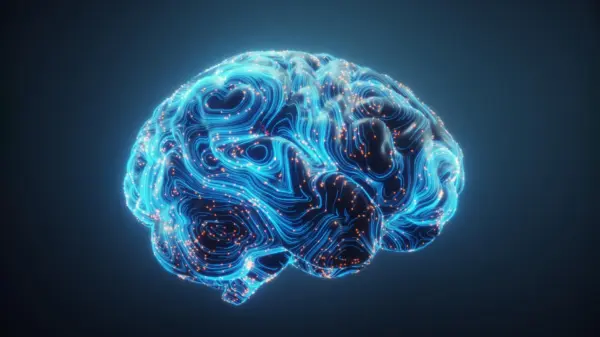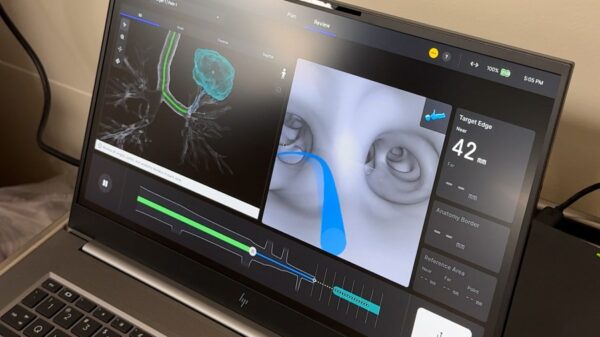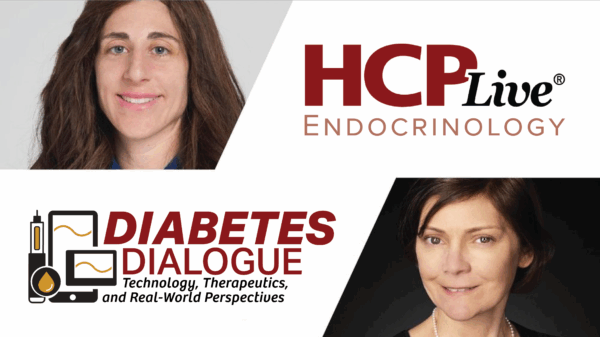A recent video by psychologist Dr. Kelynn Lee has shed light on the often-confused terms of dementia and Alzheimer’s disease. In a concise TikTok clip shared in 2024, she outlined the fundamental differences between the two conditions, aiming to enhance public understanding.
Dr. Lee, the CEO of the Dementia Care Hub, addressed a common question: “What’s the difference between Alzheimer’s and dementia?” She emphasized that while Alzheimer’s disease is frequently categorized under dementia, the two are not synonymous. According to Dr. Lee, dementia serves as an umbrella term that encompasses various syndromes, including Alzheimer’s.
Understanding Dementia and Its Types
“Dementia is the umbrella term, whereby there are lots of dementia syndromes that sit underneath,” Dr. Lee explained. She listed several types, including vascular dementia, mixed dementia, and frontotemporal dementia, among others. This clarification is crucial, as it highlights that Alzheimer’s is just one type within the broader category of dementia.
Data from the NHS indicates that over 944,000 people in the UK currently live with dementia. Notably, approximately one in eleven individuals over the age of 65 is affected. Alzheimer’s disease represents the most prevalent form of dementia, accounting for about 60% to 70% of all cases, as reported by the World Health Organization.
The exact cause of Alzheimer’s disease remains elusive, but several risk factors have been identified. These include a family history of the condition, untreated depression, and lifestyle factors associated with cardiovascular health. Age is also a significant factor; however, it is essential to note that dementia is not considered a normal part of aging.
Symptoms and Support for Alzheimer’s Patients
Alzheimer’s disease is characterized by a gradual progression of symptoms. Initially, individuals may experience mild memory issues, such as forgetting names or recent conversations. As the disease advances, other symptoms may surface, including:
– Difficulties with communication and language
– Confusion or disorientation in familiar settings
– Low moods or anxiety
– Behavioral changes, such as increased aggression or suspicion
– Hallucinations
According to guidance from the NHS, while there is currently no cure for Alzheimer’s disease, several medications are available to alleviate some symptoms. Additionally, various support options are accessible to aid individuals in maintaining their independence. These include adjustments to home environments to facilitate mobility and daily tasks. Psychological interventions, such as cognitive stimulation therapy, may also be offered to enhance memory and problem-solving skills.
Anyone experiencing symptoms of Alzheimer’s disease is encouraged to consult their general practitioner. For further information, individuals can refer to the NHS website, which provides valuable resources on dementia and Alzheimer’s disease.
Overall, Dr. Kelynn Lee’s insights serve to clarify these important distinctions, contributing to a better understanding of conditions that affect millions globally.



































































